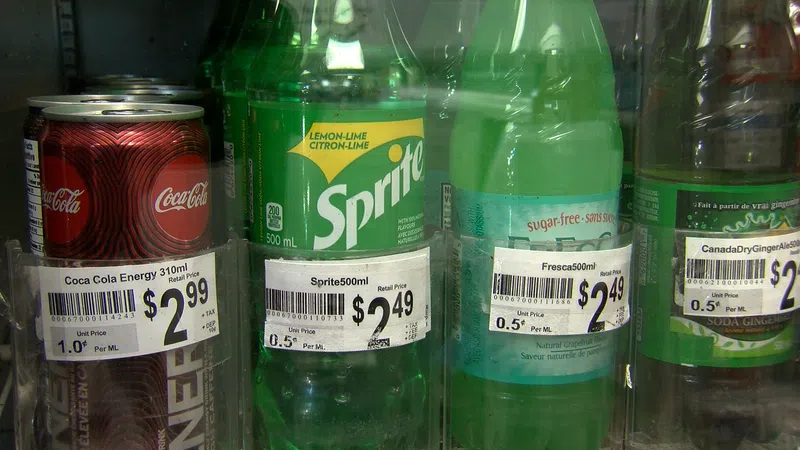
New tax likely won’t lead to reduction in sugary drink consumption: Interior Health dietitian
KAMLOOPS — After the B.C. government announced a seven per cent tax on carbonated beverages starting July 1, a registered dietitian with Interior Health says it may not be as effective as the NDP hopes in reducing people’s overall sugar consumption.
Bronwyn Coyne says any measures by government to deter sugar consumption is good. But she says the ‘soda tax’ is too narrow and doesn’t include other sugary beverages that people tend to consume more than pop.
“Between 2004 and 2015, the consumption of pop across Canada actually went down I think by 27 per cent,” said Coyne. “Whereas the consumption of energy drinks went up by about a little over 600 per cent and fancy coffee drink consumption went up just over 500 per cent. So you can see pop has already gone down in consumption Canada-wide, but some of these other drinks haven’t.”
Interior Health says 13 teaspoons of sugar a day is ideal. A single energy drink exceeds that recommendation. Coyne says the concern with any added sugar is ailments like heart disease or diabetes, as well as impacts on your dental health. She isn’t sure the new tax will lead to significant change, but adds the seven per cent tax could be higher.


